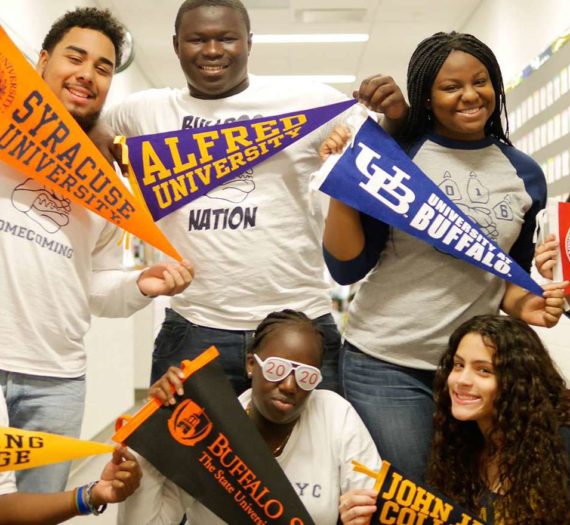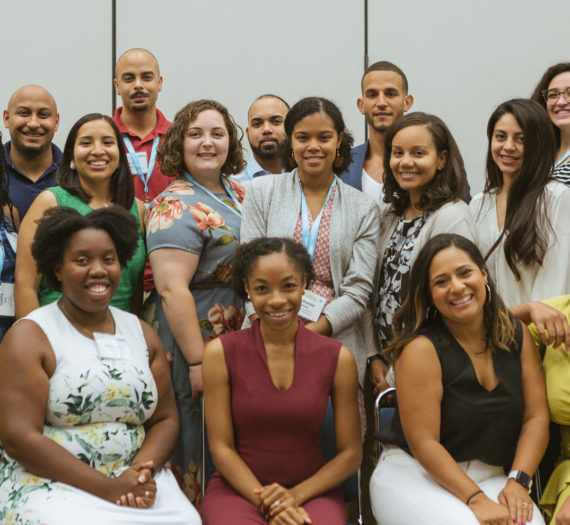The KIPP Forward Approach
KIPPsters set a high bar for their futures. For some, that means being the first in their family to graduate from college or buy a home. For others, it means serving our country or creating a business. So KIPP schools ensure each student has the skills and confidence to pursue any path that leads to their highest aspirations. Our counselors support students to choose and prepare for a right-fit college or education path and a meaningful career.

Finding a Match
KIPP uses the College & Career Match Playbook while counseling students and families through the post-secondary decision-making process.

Persisting Through College
Once on their way, KIPP advisors help alumni keep moving forward, tackling academic, social, and financial challenges they might encounter while pursuing their dreams.

Alumni Programs & Offerings
Across the country, KIPPsters are making their mark. They are earning degrees, building businesses, reforming policy, serving their communities, and rising through the ranks of companies and organizations. Together, they’re creating a future without limits, and KIPP is there to support them along the way.
